Ten years ago today my Dad died. My Mom has been lost in the darkness without him as a guiding light after their amazing 50 year journey together as husband and wife. She has been forced to make changes in her life. It has not been an easy transition for her or my sisters, me, and our families.
St. John of the Cross, born Juan de Yepes y Álvarez, was a contemplative Discalced Carmalite priest, monk and doctor of the Church. He felt a call to reform the Carmalite order and received approval from the Papal Nuncio in Spain to do just that. The changes did not go over well with many of his fellow monks. They imprisoned John for eight and a half months, placing him in a tiny cell with no window. The only light he had to pray his breviary came from the hole in the wall to the room next door.
During this time St. John wrote “The Dark Night of the Soul”. Here is a contemporary paraphrase from Fr. Richard Conlin of the necessity of dark night in spiritual life.
“Until a soul is placed by God in the passive purgation of that dark night… it cannot purify itself completely from these imperfections nor from the others.… No matter how much an individual does through his own efforts, he cannot actively purify himself enough to be disposed in the least degree for the divine union of the perfection of love. God must take over and purge him in that fire that is dark for him.”
Jesus tells the parable of the son who went back and did the work he was supposed to do but first said no to his father. The son changed his mind. He did his work in the vineyard. He did what he was called to do by his father.
My father told his daughters to care for his wife and our mother. We wholeheartedly agreed to the task. My Mom however does not believe she needs any assistance at this stage in her life. She does not see a beloved mother who has become reclusive and remiss in necessary tasks and personal care. She pushes away inquiries or offers of help, as she is ‘just fine.’
Zephaniah reminds us to take refuge in the Lord. ‘You need not be ashamed of all your deeds…’ Correction or insight from another can point the way to enlightenment. Each person must acknowledge the correction and make a choice to do what is right in the eyes of God. Everyone has a dark time (or more) to work through, even chief priests, monks, moms, and especially me. We each must commit to do what the Father has called us to, our own individual specific tasks.
Father, help me through the darkness. Enlighten my mind to the tasks and changes that need to be made in my life to the hope found in Your love. Amen.
 Beth Price is part of the customer care team at Diocesan. She is a Secular Franciscan (OFS) and a practicing spiritual director. Beth shares smiles, prayers, laughter, a listening ear and her heart with all of creation. Reach her here bprice@diocesan.com.
Beth Price is part of the customer care team at Diocesan. She is a Secular Franciscan (OFS) and a practicing spiritual director. Beth shares smiles, prayers, laughter, a listening ear and her heart with all of creation. Reach her here bprice@diocesan.com.
Feature Image Credit: M. Marlowe, https://unsplash.com/photos/My4whL2BBVg
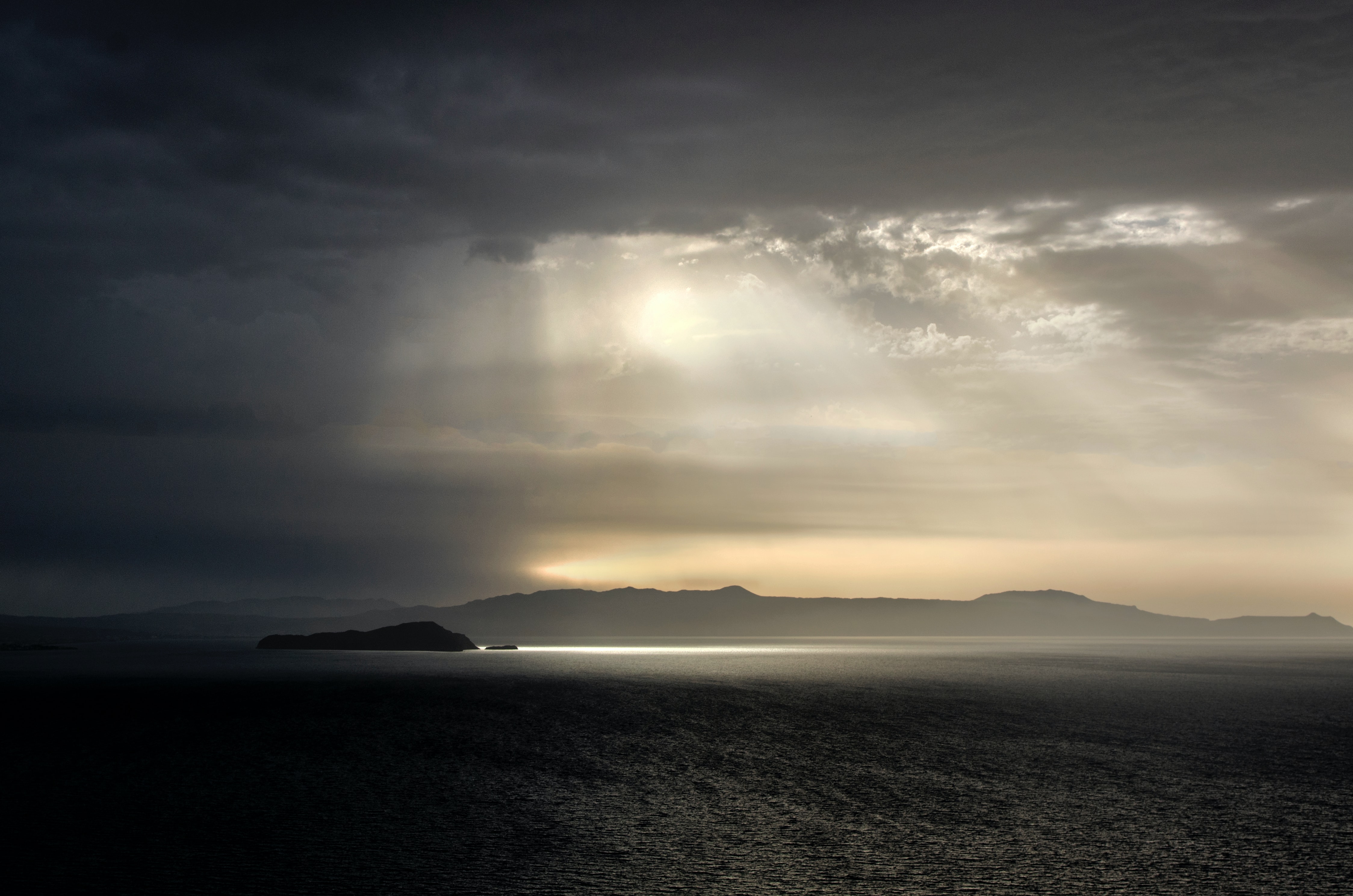

 Tami Urcia grew up in Western Michigan, a middle child in a large Catholic family. She spent early young adulthood as a missionary in Mexico, studying theology and philosophy, then worked and traveled extensively before finishing her Bachelor’s Degree in Western Kentucky. She loves tackling projects, finding fun ways to keep her little ones occupied, quiet conversation with the hubby and finding unique ways to love. She works at her parish, is a guest blogger on
Tami Urcia grew up in Western Michigan, a middle child in a large Catholic family. She spent early young adulthood as a missionary in Mexico, studying theology and philosophy, then worked and traveled extensively before finishing her Bachelor’s Degree in Western Kentucky. She loves tackling projects, finding fun ways to keep her little ones occupied, quiet conversation with the hubby and finding unique ways to love. She works at her parish, is a guest blogger on 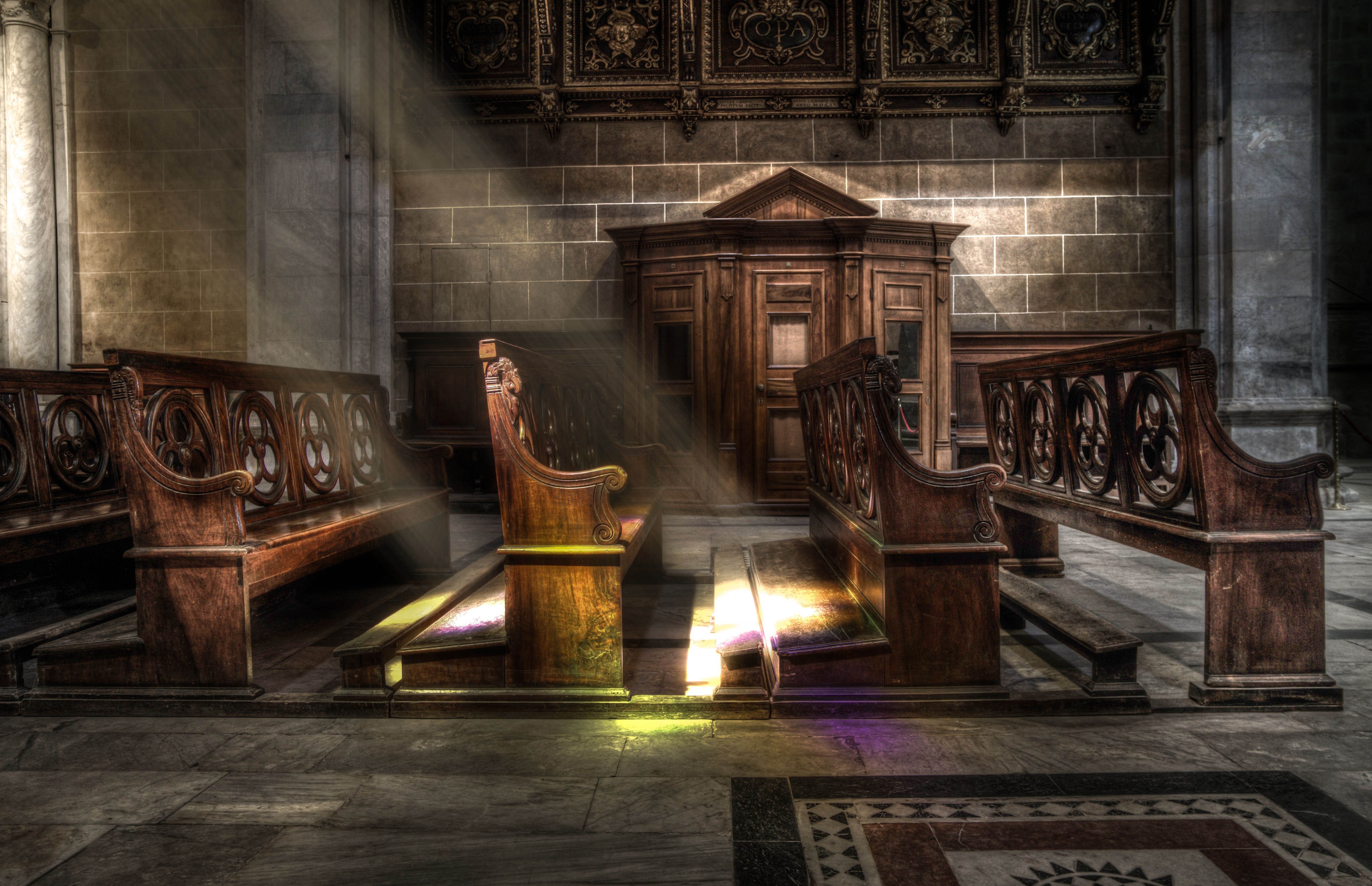


 Kate Taliaferro is an Air Force wife and mother. She is blessed to be able to homeschool, bake bread and fold endless piles of laundry. When not planning a school day, writing a blog post or cooking pasta, Kate can be found curled up with a book or working with some kind of fiber craft. Kate blogs at
Kate Taliaferro is an Air Force wife and mother. She is blessed to be able to homeschool, bake bread and fold endless piles of laundry. When not planning a school day, writing a blog post or cooking pasta, Kate can be found curled up with a book or working with some kind of fiber craft. Kate blogs at 

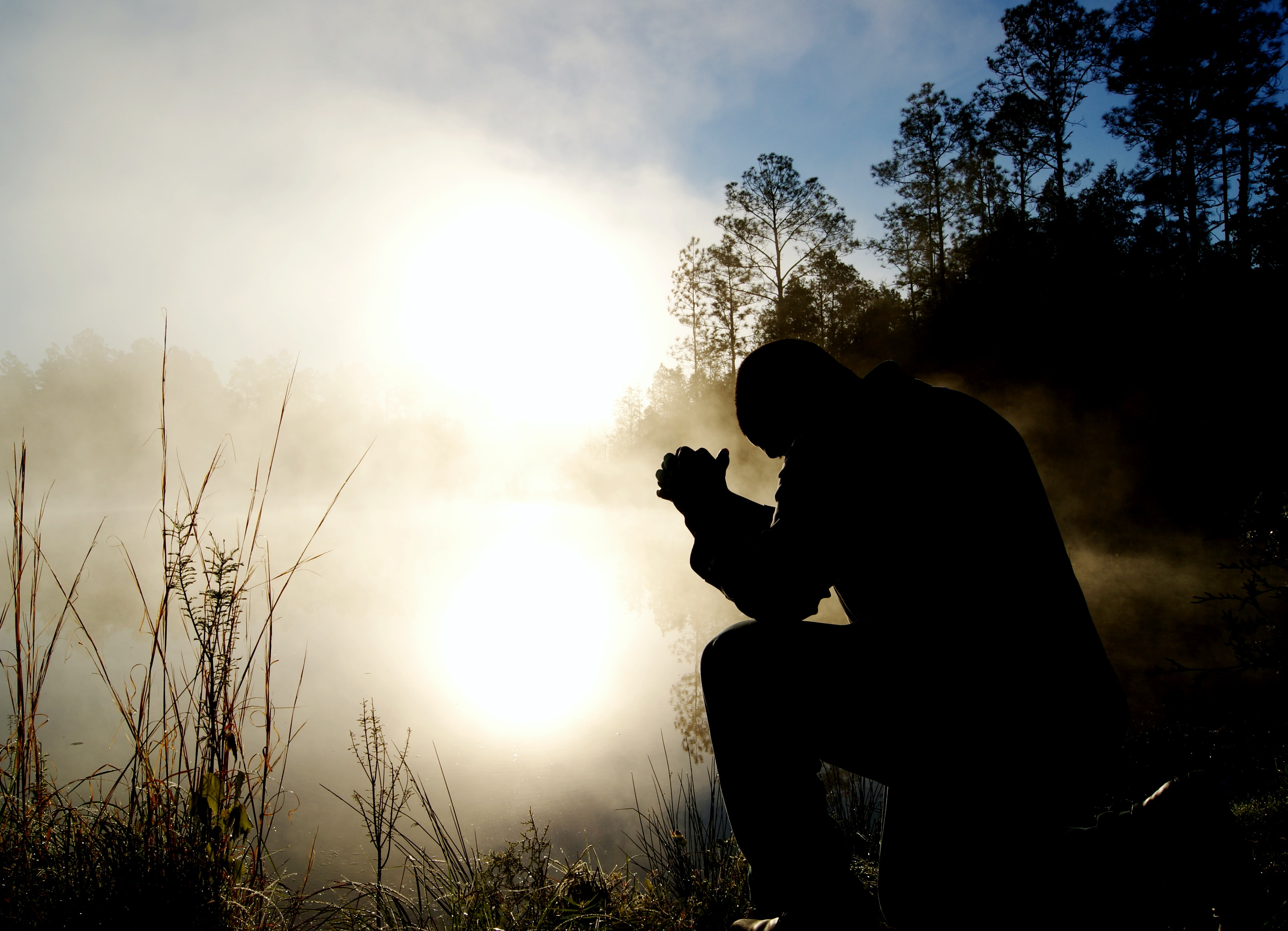
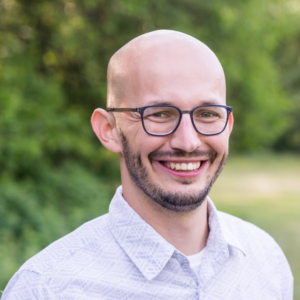
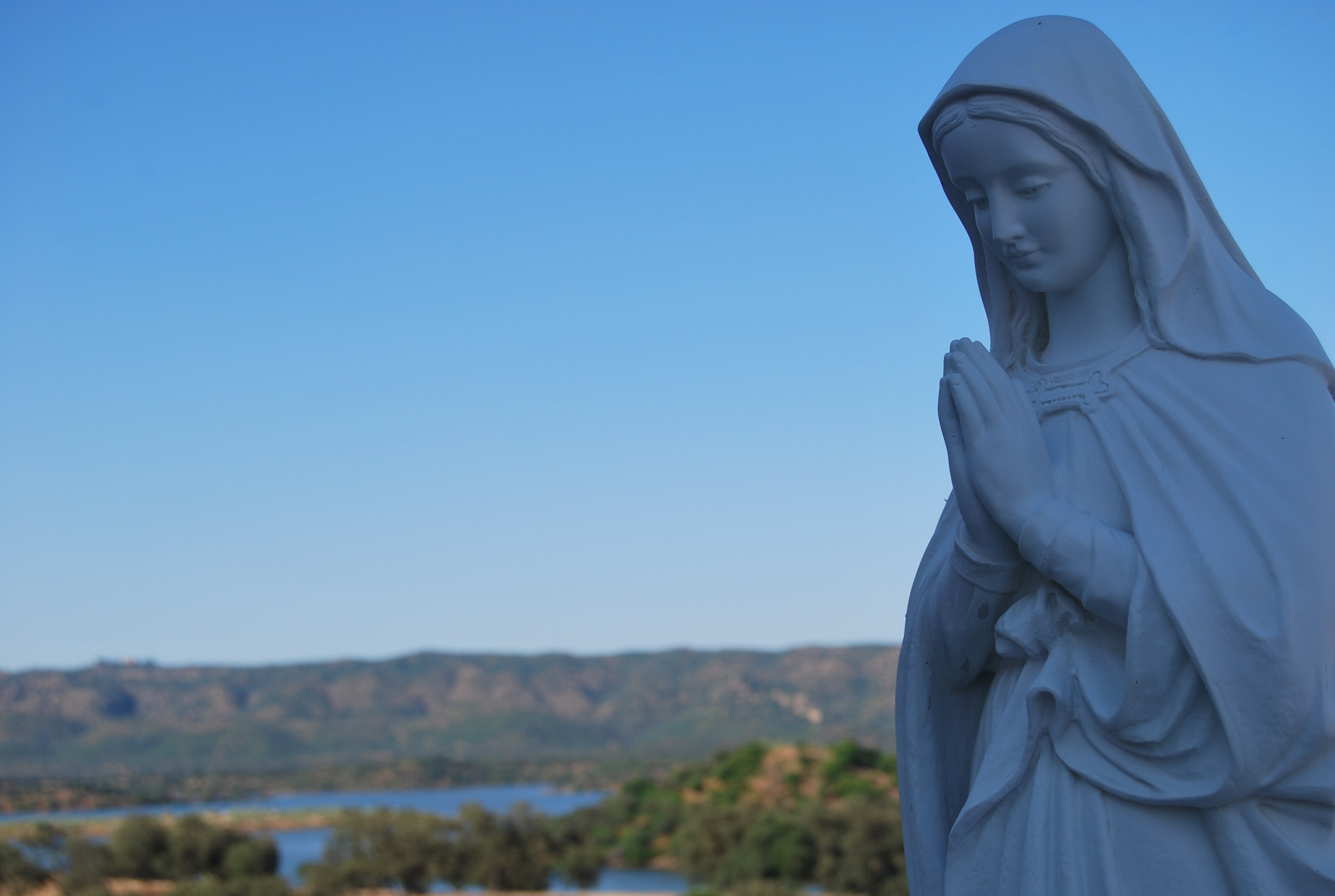
 Susan Ciancio has a BA in psychology and a BA in sociology from the University of Notre Dame, with an MA in liberal studies from Indiana University. For the past 17 years, she has worked as a professional editor and writer, editing both fiction and nonfiction books, magazine articles, blogs, educational lessons, professional materials and website content. Eleven of those years have been in the pro-life sector. Currently Susan freelances and writes weekly for HLI, edits for American Life League, and is the editor of Celebrate Life Magazine. She also serves as executive editor for the Culture of Life Studies Program-an educational nonprofit program for K-12 students.
Susan Ciancio has a BA in psychology and a BA in sociology from the University of Notre Dame, with an MA in liberal studies from Indiana University. For the past 17 years, she has worked as a professional editor and writer, editing both fiction and nonfiction books, magazine articles, blogs, educational lessons, professional materials and website content. Eleven of those years have been in the pro-life sector. Currently Susan freelances and writes weekly for HLI, edits for American Life League, and is the editor of Celebrate Life Magazine. She also serves as executive editor for the Culture of Life Studies Program-an educational nonprofit program for K-12 students.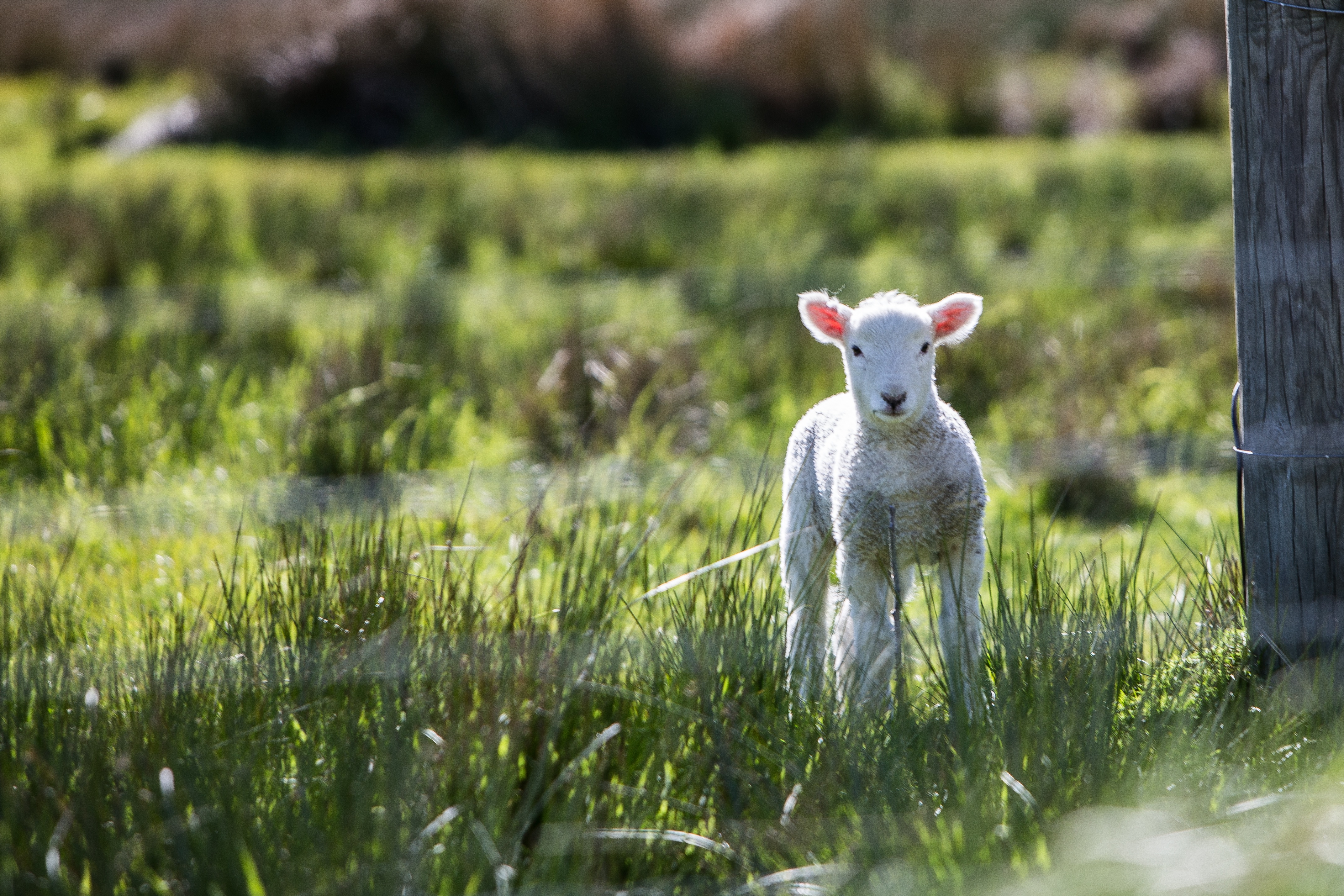
 Kathryn Mulderink, MA, is married to Robert, Station Manager for Holy Family Radio. Together they have seven children (including Father Rob), and four grandchildren. She is President of the local community of Secular Discalced Carmelites and has published five books and many articles. Over the last 30 years, she has worked as a teacher, headmistress, catechist, Pastoral Associate, and DRE, and as a writer and voice talent for Catholic Radio. Currently, she serves the Church by writing and speaking, and by collaborating with various parishes and to lead others to encounter Christ and engage their faith. Her website is
Kathryn Mulderink, MA, is married to Robert, Station Manager for Holy Family Radio. Together they have seven children (including Father Rob), and four grandchildren. She is President of the local community of Secular Discalced Carmelites and has published five books and many articles. Over the last 30 years, she has worked as a teacher, headmistress, catechist, Pastoral Associate, and DRE, and as a writer and voice talent for Catholic Radio. Currently, she serves the Church by writing and speaking, and by collaborating with various parishes and to lead others to encounter Christ and engage their faith. Her website is 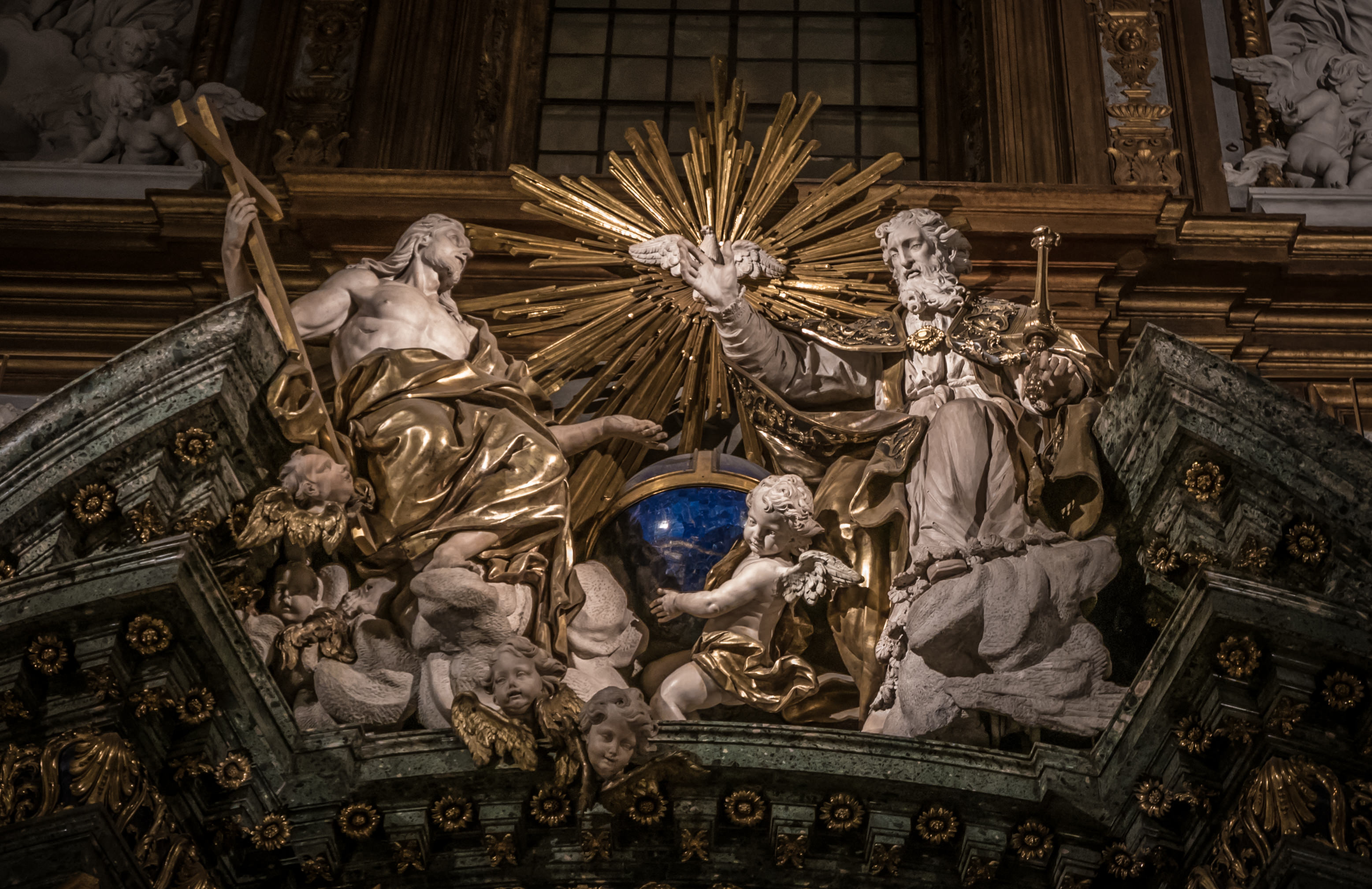
 David Dashiell is a freelance writer, editor, and proofreader based in the Pittsburgh, Pennsylvania area. His writing has been featured in Crisis Magazine and The Imaginative Conservative, and his editing is done for a variety of publishers, such as Sophia Institute and Scepter. He can be reached at
David Dashiell is a freelance writer, editor, and proofreader based in the Pittsburgh, Pennsylvania area. His writing has been featured in Crisis Magazine and The Imaginative Conservative, and his editing is done for a variety of publishers, such as Sophia Institute and Scepter. He can be reached at 


